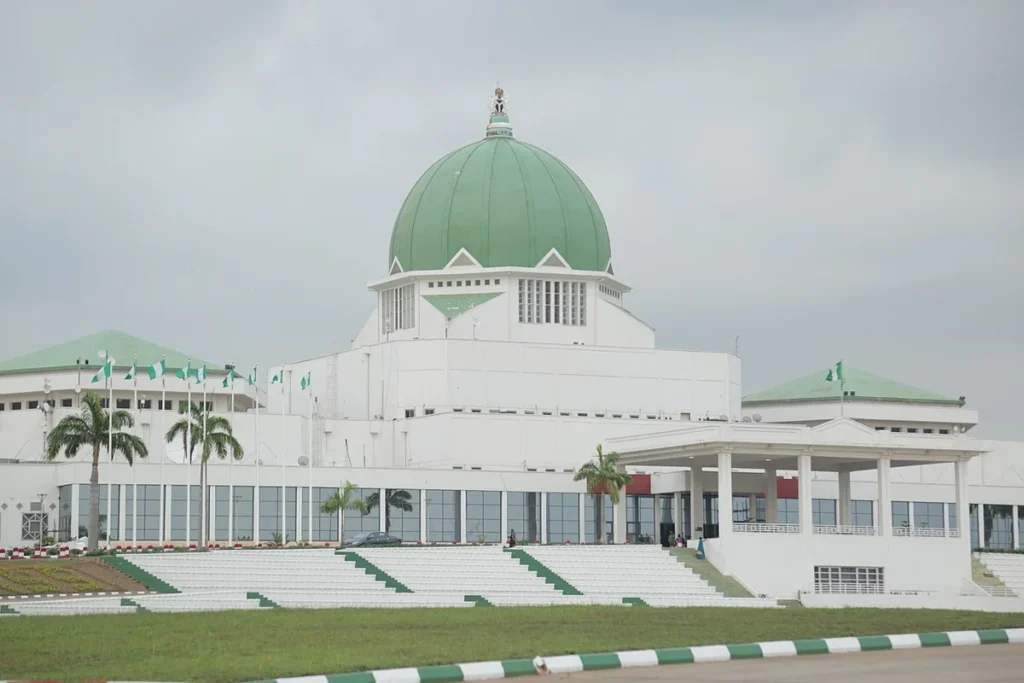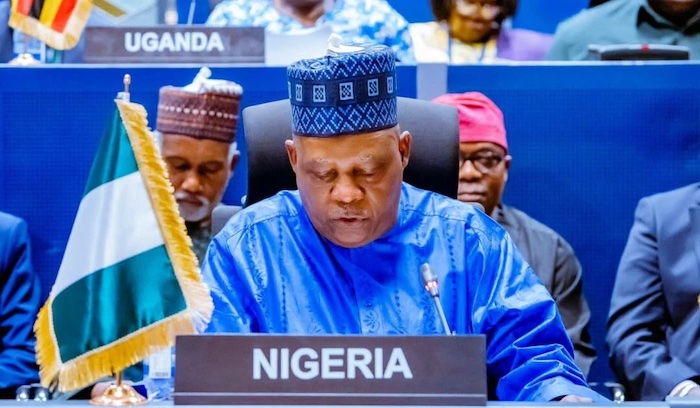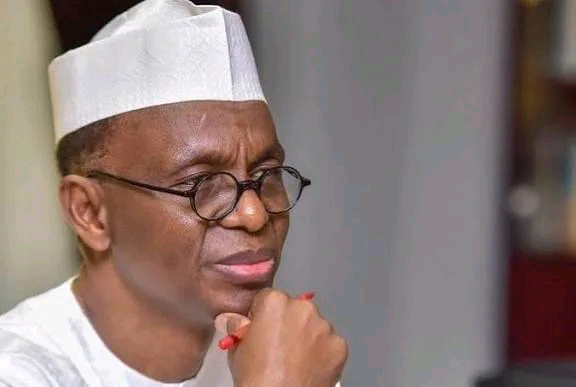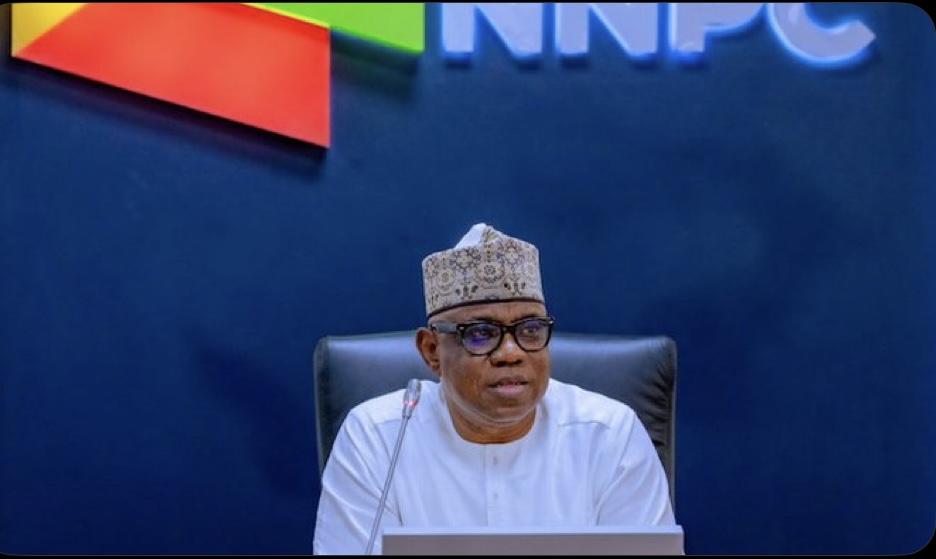N187 trillion Debt: Obi Carpets FG’s Persistent Borrowing Without Accountability
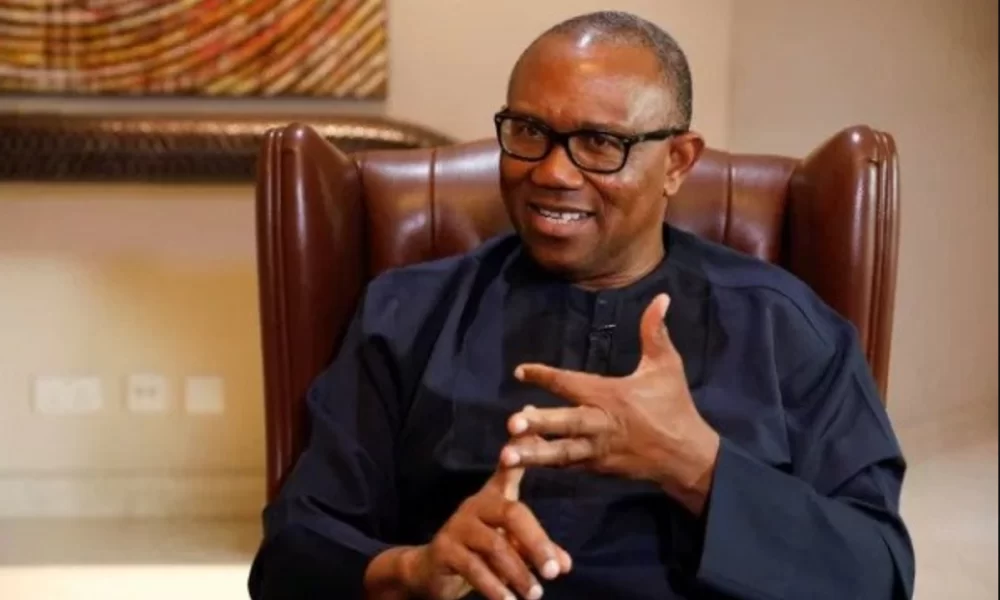
The Labour Party’s presidential contender in the 2023 general election, Peter Obi, has once more condemned what he perceives as President Bola Tinubu’s administration’s proclivity for unrestrained borrowing without accountability.
Obi expressed his disapproval in response to the Senate’s recent endorsement of an external borrowing initiative.
The Nigerian Senate has sanctioned an additional external borrowing of $21 billion, €2.2 billion, and ¥15 billion for the 2025–2026 fiscal cycle.
The former governor of Anambra State emphasized that with this latest approval, Nigeria’s debt has soared to N187 trillion, with palpable apprehension that it might escalate to N200 trillion before the year’s conclusion.
Posting on his X handle on Tuesday, Obi stated, but “On July 22, 2025, the Nigerian Senate authorized an additional $21 billion, €2.2 billion, and ¥15 billion in external borrowing for the 2025–2026 fiscal cycle.
“It also sanctioned a N750.98 billion domestic bond issuance and a €65.65 million grant. With an already existing public debt of approximately N149.39 trillion as of the first quarter of 2025, incorporating the approved loans of about N37.2 trillion elevates our current total debt to approximately N187 trillion, raising concerns that it might surpass N200 trillion by the end of 2025.
“As our GDP prior to rebasing stood at about N269.2 trillion (approximately $180 billion), the government has borrowed nearly 70% of our former GDP. Even after the rebasing, which adjusted our GDP to about N372.8 trillion (around $243.7 billion), the government would have borrowed approximately 50.16% of the new GDP (with the approved loans), marking the highest debt-to-GDP ratio in our nation’s history.
“While the year-on-year increase is about N27.72 trillion and the quarter-on-quarter increase is approximately N4.72 trillion, we are amassing exceedingly exponential levels of unsustainable debt with scant evidence of progress in critical areas such as education, healthcare, electricity generation, security of lives and property, and alleviating poverty.
“We continue to rank low in all major human development indicators.
Education remains severely underfunded, with standards in continuous decline, while healthcare remains inaccessible to millions of Nigerians, especially the impoverished.
“The security of lives and property has deteriorated, with over 10,217 people killed and 672 villages sacked between May 29th, 2023, and May 29th, 2025, despite a significant increase in security spending from N2.98 trillion in 2023 to N4.91 trillion in 2025.
“The situation is equally dismal across virtually all sectors of the economy, with the power sector being a glaring example, supplying less than 5,000 MW for over 200 million Nigerians.
“Today, more than two years after the current government assumed power, and despite the vast borrowing, we are still confronted with disheartening reports of escalating poverty, with approximately 133 million (63%) Nigerians classified as multi-dimensionally poor, rising unemployment, and distressing news like 652 children dead as the malnutrition crisis worsens in Northern Nigeria.
“Doctors Without Borders, known as Médecins Sans Frontières (MSF), has recently sounded the alarm over a mounting malnutrition crisis in Northern Nigeria, with Katsina State identified as one of the most severely affected regions.
“This is a nation endowed with abundant resources, yet no one should face hunger.
However, a persistent leadership deficiency has plunged the majority of our citizens into growing multi-dimensional poverty.
“Borrowing is not inherently negative if it is sustainable and linked to productive investments with measurable outcomes. Regrettably, this prevailing pattern of borrowing without accountability, transparency, or transformational impact is merely mortgaging the future of our children.
“The government should reflect on the intergenerational ramifications of their unsustainable borrowings and demonstrate at least a minimal consideration for the future of young and unborn Nigerians.
“We must revert to a culture of disciplined and prudent economic management, reducing the cost of governance, plugging leakages, investing in human capital, and fostering a productive economy. Nigeria cannot continue to borrow recklessly while poverty deepens and public trust diminishes.
“It is time to halt this fiscal indiscipline. We must forge a New Nigeria, where leadership is accountable, development is people-centric, and every kobo borrowed or spent delivers a measurable impact to achieve sustainable and inclusive development and growth.”


